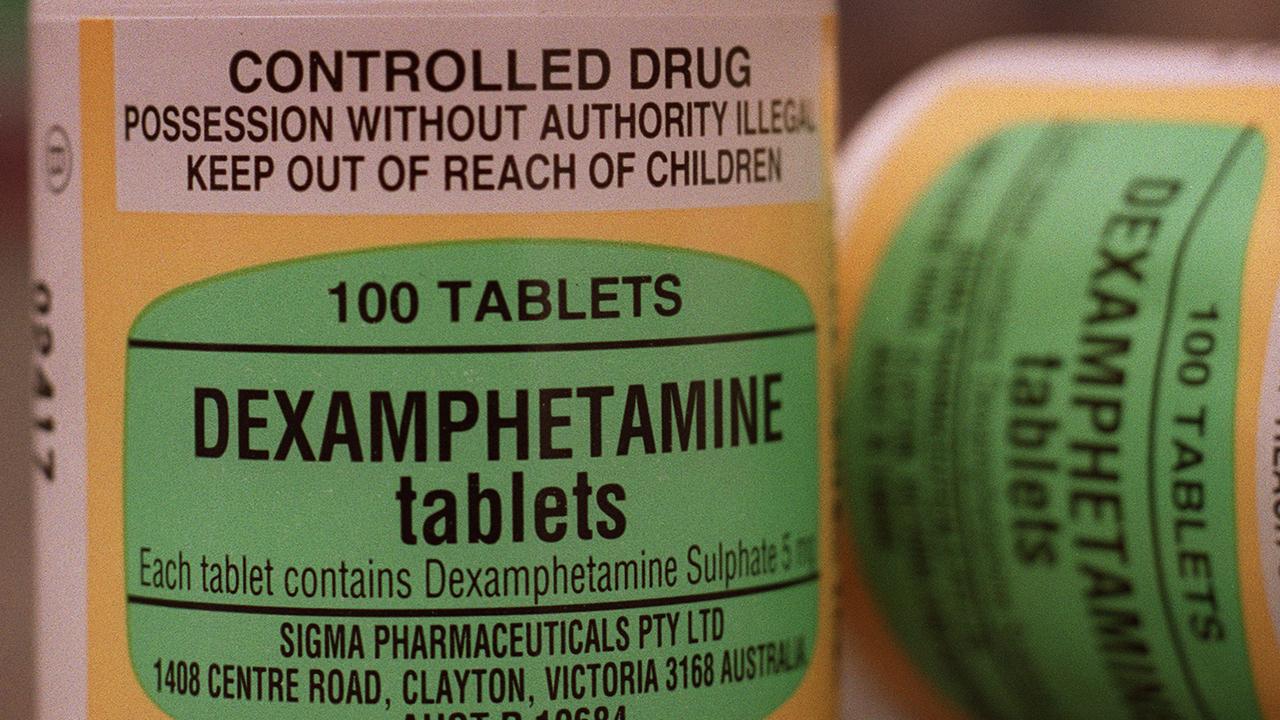University students are taking ADHD medication to cope with exam stress
University students are turning to prescription and illegal drugs to cope with the pressures of studying and exams, according to a new report.
Nearly one in 12 university students in Western Australia have turned to “cognitive enhancers” including prescription and illicit drugs in an attempt to boost their academic performance, according to a recently published study.
Some of them also appeared to be using them to cope with increased stress from tightly scheduled assignments.
More than 2000 students aged between 18 and 29 took part in an online survey across all five WA universities as part of a study undertaken in 2016 and published on November 15 this year.
The results show that just under 8 per cent reported they’d used a prescription drug (not prescribed to them) to try and make them think and focus better in the previous 12 months.
Prescription medications students reported using included sleep-disorder drug modafinil and ADHD medications like dexamphetamine and methylphenidate (ritalin), which were being procured primarily through online pharmacies and the prescriptions of friends or relatives.
RELATED: Surprising group our biggest drinkers

RELATED: Dire warning over virus vaccine
Just over 28 per cent reported using over-the-counter cognitive enhancers including energy drinks, caffeine pills, and cold and flu tablets, while 2.4 per cent reported using “illicit” drugs as a cognitive enhancer, with cannabis the most prevalent.
Researchers at Curtin University’s National Drug Research Institute (NDRI) and the University of Queensland’s Centre for Youth Substance Abuse Research (CYSAR) assessed the practice after a student union and a health service approached them following increased anecdotal reports of use among students.
Curtin University professor and NDRI director Simon Lenton told news.com.au the issue wasn’t trivial.
“Even though this is a minority behaviour, it’s something that really needs to be addressed both in student health services and also from a university policy point of view,” he said.
RELATED: New way kids could be buying alcohol

Prof Lenton said the team analysed how things like exam scheduling or having multiple assignments due on the same day related to the use of “study drugs” and found those factors “significant” in a number of occasions.
Half of the students who reported using a prescription drug in the previous 12 months also reported having multiple pieces of assessment due on the same day, double the rate for those who had not used drugs to help them study.
“Where there is more pressure people are more likely to use them,” Prof Lenton said.

Not only were they more likely to use them, they were often using them wrongly, with many reporting side-effects like trouble sleeping, anxiety and headaches.
“People are often using them not in the way they’re intended to be used, in kind of a binge fashion to cram for exams, but also using them over a long period of time. There hasn’t been a lot of research done on what are the consequences of using these prescription medications in this kind of way,” Prof Lenton said.
In addition to taking medication that wasn’t prescribed for them, some students were also placing themselves at risk because of how they obtained the drugs, with some of them turning to sketchy online “pharmacies” that don’t ask for prescriptions.

“A lot of those pharmacies aren’t necessarily bona fide and people don’t really know what they’re getting. There’s lots of counterfeit medication sold online internationally.”
Prof Lenton said past research had focused mainly on individual factors, which were still important, “but as well as that we think there also needs to be recognition (that) some of the ways universities run their programs and run their assessment may in fact contribute and it’s something all parts of the system need to assess and consider”.
He noted universities had recently made an “increased recognition” of the importance of stress due to the COVID-19 pandemic.
Prof Lenton, along with NDRI research associate Marina Nelson and CYSAR’s Charmaine Jensen, recently published their findings in the peer-reviewed Drug and Alcohol Review.



